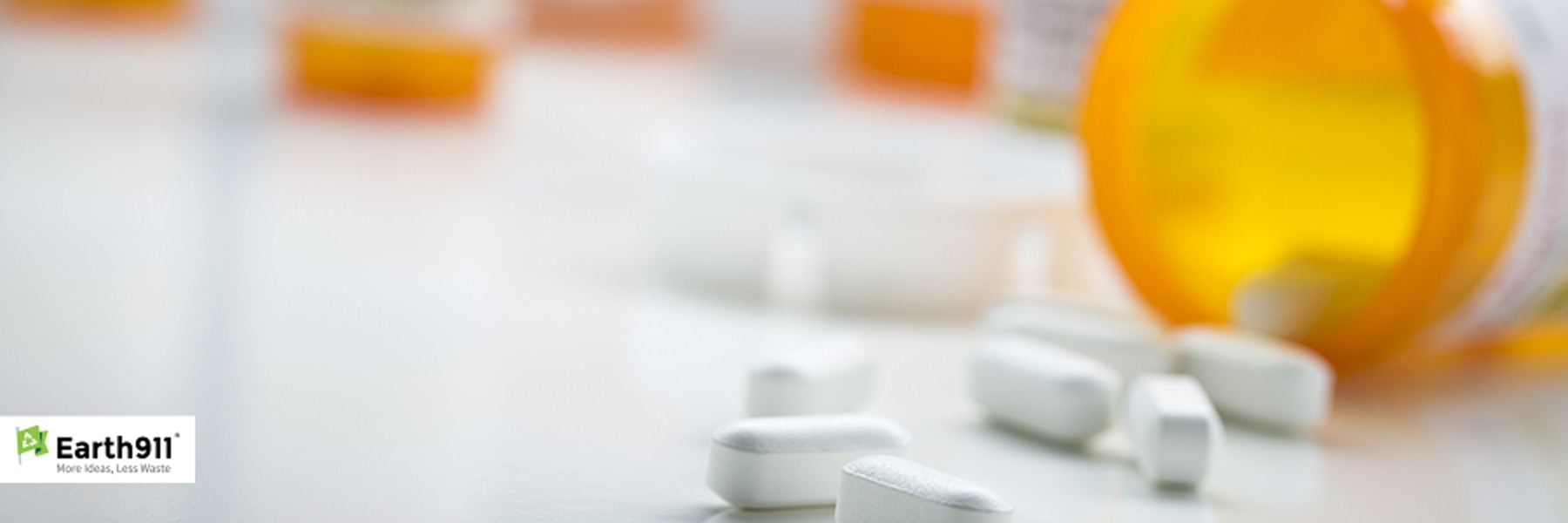
While medications are not recyclable, responsible medication disposal is crucial for human and environmental health.
The easiest, and often safest, way to dispose of expired or unwanted mediation is through drug take-back or mail-back programs through pharmacies, government agencies and community groups, which will dispose of medications properly. Find a local take-back or mail-back program using our recycling locator.
If take-back programs are not an option, most medications can be disposed of in your household trash. SmaRxt Disposal recommends following these steps:
- Pour medication into a sealable plastic bag. If the medication is a solid (pill, liquid capsule, etc.), add water to dissolve it.
- Add kitty litter, sawdust or coffee grounds (or any material that mixes with the medication and makes it less appealing for pets and children to eat) to the plastic bag.
- Seal the plastic bag and put it in the trash.
- Remove and destroy all identifying personal information on the prescription label from all medication containers before recycling them or throwing them away.
Responsible medication disposal has changed over the years, so it’s important to follow any disposal instructions on the medication package, which will have the most current recommendations. If there aren’t any, follow the advice above.
Frequent Medication Recycling Questions
Can I flush medications down the drain?
No, with a few exceptions. Putting unused medications down the drain or flushing them down the toilet may expose drinking water to the chemicals. Many of them cause ecological harm, and our current sewage treatment systems are not completely effective in removing all drugs from waterways. Though flushing medications may have been recommended in the past, it is now considered an improper disposal method.
With that said, flushing is actually recommended in a few rare cases. Some drugs are fatal when ingested by others and you must dispose of them quickly before they can cause harm. Sometimes, flushing these meds down the drain is the quickest option. The FDA discusses this topic and provides a list of medications that should be flushed.
How do I find a take-back program near me?
The U.S. Drug Enforcement Administration (DEA) periodically hosts National Prescription Drug Take Back events. If you have medications you need to get rid of but you missed Take Back Day, find an authorized drug collection site near you or call the DEA Diversion Control Division Registration Call Center at 1-800-882-9539 for more information.
How do take-back programs dispose of my meds?
Medications collected by take-back programs are incinerated in a safe and secure facility. This way, hazardous chemicals in these medications are completely destroyed. The EPA recommends this method.
Are medicine bottles recyclable?
Plastic pill containers are sometimes recyclable, depending on the type of plastic they are made of. Check with your local recycling provider to confirm before putting them in your recycling bin. If your local recycling program accepts them, make sure the containers are clean and remove the labels.
Can I send medications back to the manufacturer?
No. Manufacturers are unable to accept them. You can search for a medication disposal location using our recycling search below.
Do any pharmacies take back medications?
Yes, some take back medications at their location, while others provide mail-back envelopes to send your drugs to other companies that will dispose of them properly.
Additional Reading
- How Medicine Makes the Environment Sick: Wondering why it’s so important to get rid of drugs the right way? This article looks at the effects pharmaceuticals have on the environment.
- Recovered from an Injury? Learn How to Recycle Old Medical Gear: Find out what to do with your old crutches, boots and other gear left over from past injuries.
- How to Dispose of Unused Medicines: The FDA’s guide to getting rid of medications does suggest flushing some medicines, but we caution you to avoid pouring or flushing medications down the drain.
- Dispose of Medicine for National Prescription Drug Take Back Day: Learn about periodic take-back days offered by the U.S. Drug Enforcement Agency.
- Recycling Mystery: Medication: More information about proper disposal of unused medication.
